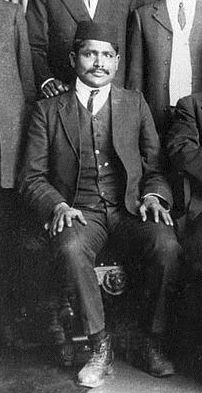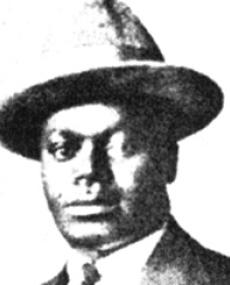Marcus (right) and other unionists meet
Name: Marcus Kronenburg
Province: Northern-Cape
Ethnicity: mixed European decent (Anglo-German)
Date of Birth: 14th of June, 1901
Profession: Union Leader in the Kimberley Mines
Faction: International Socialist League
Biography: Born in Kimberley, to British and German parents under contract for electrical work in the local diamond mines shortly after the end of the local siege, the date of his birth has led some of his co-workers to suggest that he was "literally a child of the mines", hinting at the possibility of his conception during the siege with his parents hiding out in the mines.
Due to this, and his parents experience during the war, Marcus has grown up with a line of thought, not exactly favorable to the Afrikaaner movement. Especially his mother, of British decent welcomed the revolution in Britain, however quickly realized, that due to a lack of concerted effort in Africa, it would not spread, even within the Industrial towns of South Africa. She taught him the essential lessons of Kropotkin, Prodhon and Marx, which led to multiple run-ins with as he calls it, "the bourgeois mining lords", but due to his skills in mechanics and electronics, as well as strong popularity among the Unions, getting rid of him proved impossible.
Nowadays, Marcus is a popular union figure, and the questions of revolution, accelerationism and the late stages of capitalism become ever more clear, forcing the workers to action.











